When needing to work with government agencies or carry out public administrative procedures, people only need to access a single application on their phones without having to go directly to the office. That is the need of the people when Ho Chi Minh City determined that by the end of 2025, all public administration fields must be carried out in a digital environment.
Ho Chi Minh City develops unique citizen app
In the past, when people accessed the internet mainly on computers, shared software was a necessary and effective requirement. However, currently, the majority of people use mobile devices, mainly smartphones, to connect to the internet.
According to the Digital 2024: Vietnam report recently published by We Are Social and Meltwater, at the beginning of the year, Vietnam had 78.44 million internet users (accounting for 79.1% of the population). Meanwhile, with a population of 99.2 million, Vietnam had 168.5 million mobile connections.
At the online conference to review 2 years of implementing the project "Developing data applications on population, identification and electronic authentication to serve national digital transformation in the period of 2022-2025, with a vision to 2030" (Project 06) organized by the Ho Chi Minh City People's Committee on February 20, Chairman of the Ho Chi Minh City People's Committee Phan Van Mai emphasized that if we want administrative procedures to take place on a digital platform by 2025, we must focus on developing public services and deploying a single citizen application for people to use from now on. Currently, Ho Chi Minh City has collected 7,677,777 chip-embedded ID card records and 5,570,696 level 2 electronic identification accounts. This is the database serving the city's digital government. Developing a single citizen application for the city is to avoid the chaos of applications, when each district or each department builds its own application. This is not only confusing (incompatible, not connected), but also a waste of resources and state budget.
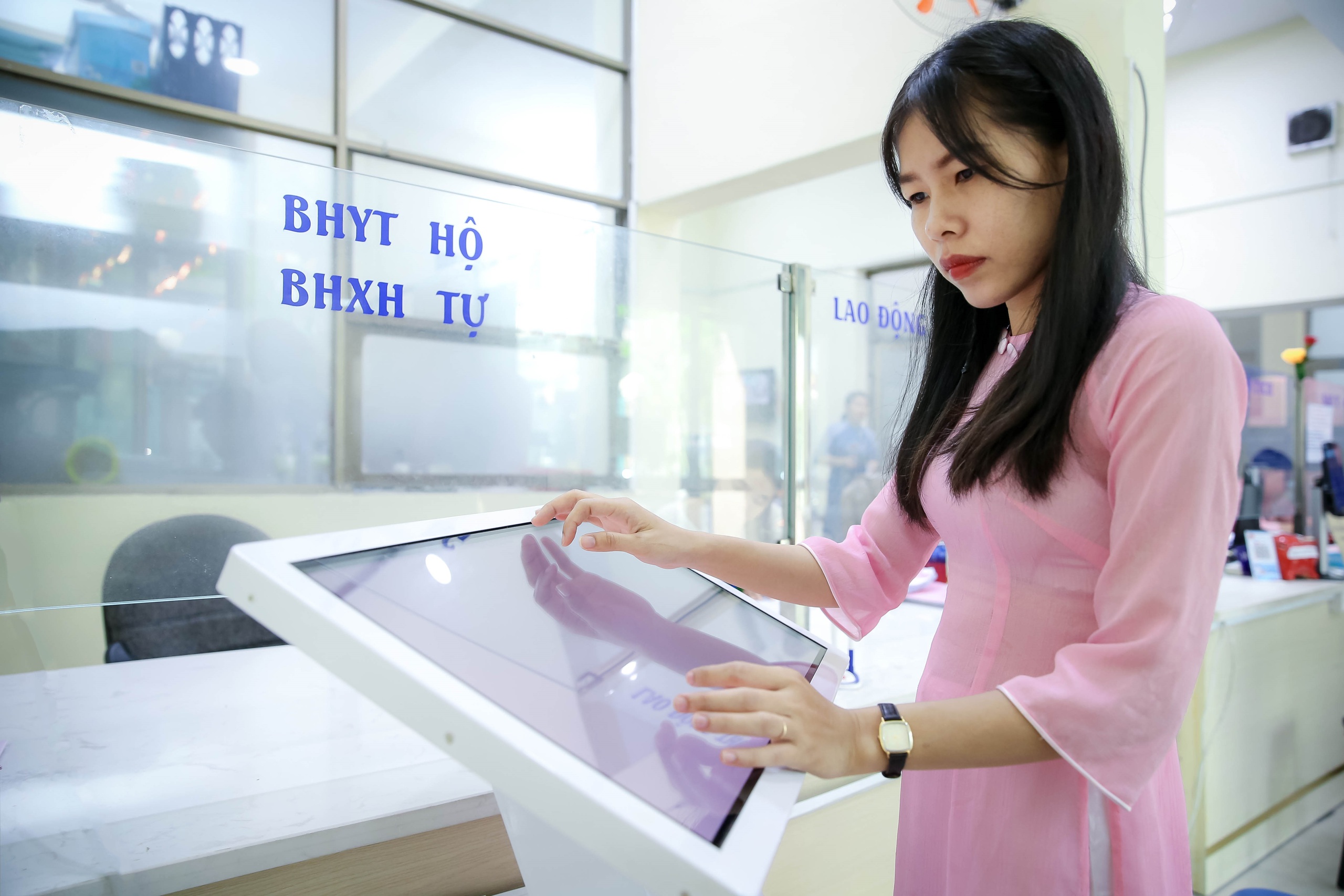
People register for public procedures online at the People's Committee of Ward 12, District 10, Ho Chi Minh City. Photo: Hoang Trieu
One stop shop, connected
At the provincial and municipal levels, in recent times, more and more provinces and municipalities have built local digital citizen applications (DCIDs). These are digital public administration centers, where interactions between residents and local authorities can take place.
In Ninh Binh province, in 2023, the Department of Information and Communications of this province built and deployed the My Ninh Binh public service application. When piloted in Me town and expanded to communes in Gia Vien district, this public service application showed clear effectiveness and was well received by the people. Since the beginning of 2023, Yen Bai province has deployed the YenBai-S public service application, which was ordered by the Provincial People's Committee to be designed and built by Viettel Yen Bai. This application is directly managed and operated by the Smart Operations Center under the Office of the Yen Bai Provincial People's Committee. This is a multi-utility application on smart devices. By installing only one app, users can use many smart, easy-to-use utilities, both to carry out public administrative procedures and to interact directly with state agencies in the province.
Put into operation very early, in October 2021, up to now, the Soc Trang citizen application has been upgraded to a new version, adding information and improving many functions. This application provides full information and services so that people can exercise their rights and obligations as citizens towards the state in the digital environment. It includes functions of reflecting the scene, public services, surveillance cameras, online payments, utility information in many fields, departments, etc.
Building a public administrative service is very necessary and is no longer strange. There are many lessons learned for provinces and cities that have not yet implemented it to refer to. With the public administrative service, each local resident has a separate account, based on a personal identification number, managed and authenticated by high security technologies, including biometrics (fingerprints, faces, irises, etc.). However, each province and city should only build one public administrative service, integrating the public administration of departments, districts, and counties. Do not let each district, even ward, or commune develop its own application. Just by logging into the public administrative service of the province or city, local people can interact with the government and carry out public administrative procedures in their province or city.
The requirement is that the UDCDS must be centralized and fully interconnected. At the same time, the application must be highly universal, not requiring devices with strong configurations, with a friendly interface, easy to use, especially for people in technologically disadvantaged groups (such as the elderly, workers, people with low qualifications...) to be able to use it easily.
Develop and improve VNeID
VneID application - National UDCDS, with the problems it is facing and reflected by users in the press and social networks. Such as registration and installation are still difficult - especially when conducting authentication, overload, the interface is not easy to operate, it is not possible to integrate much personal information and identification documents, the legal value is still inadequate - even waiting for the law to be amended... Currently, VNeID, combined with the level 2 electronic identification process, continues to be developed and perfected to become a citizen information center.
Source: https://nld.com.vn/day-manh-ung-dung-cong-dan-so-196240312203746209.htm




























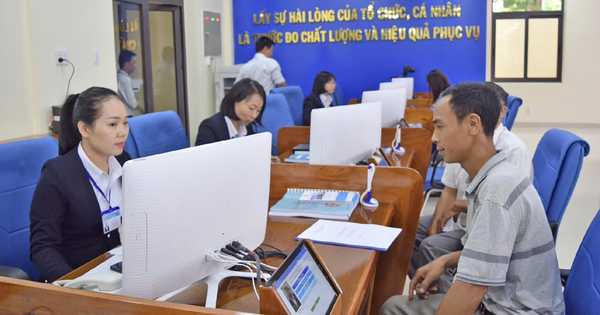

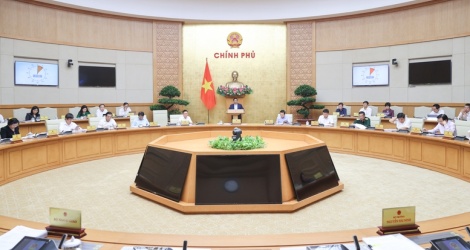




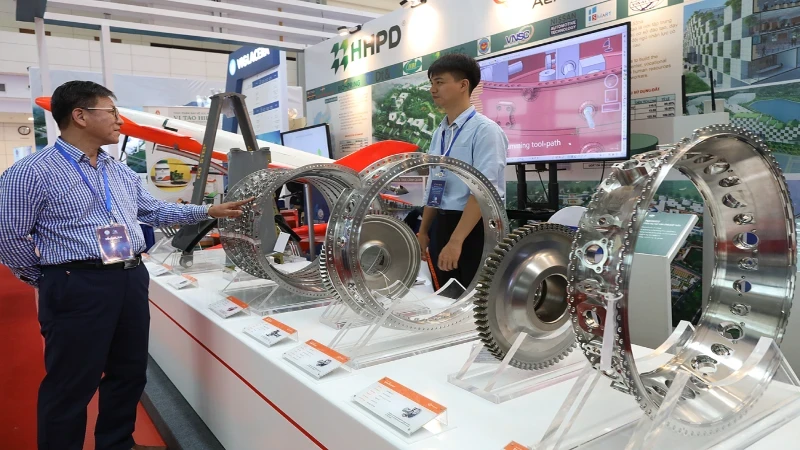





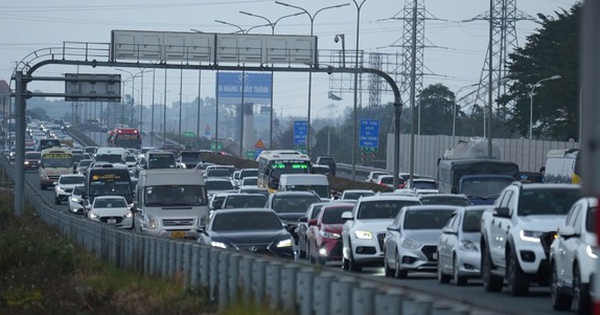




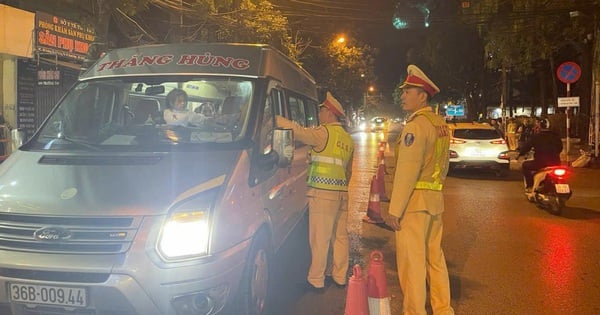



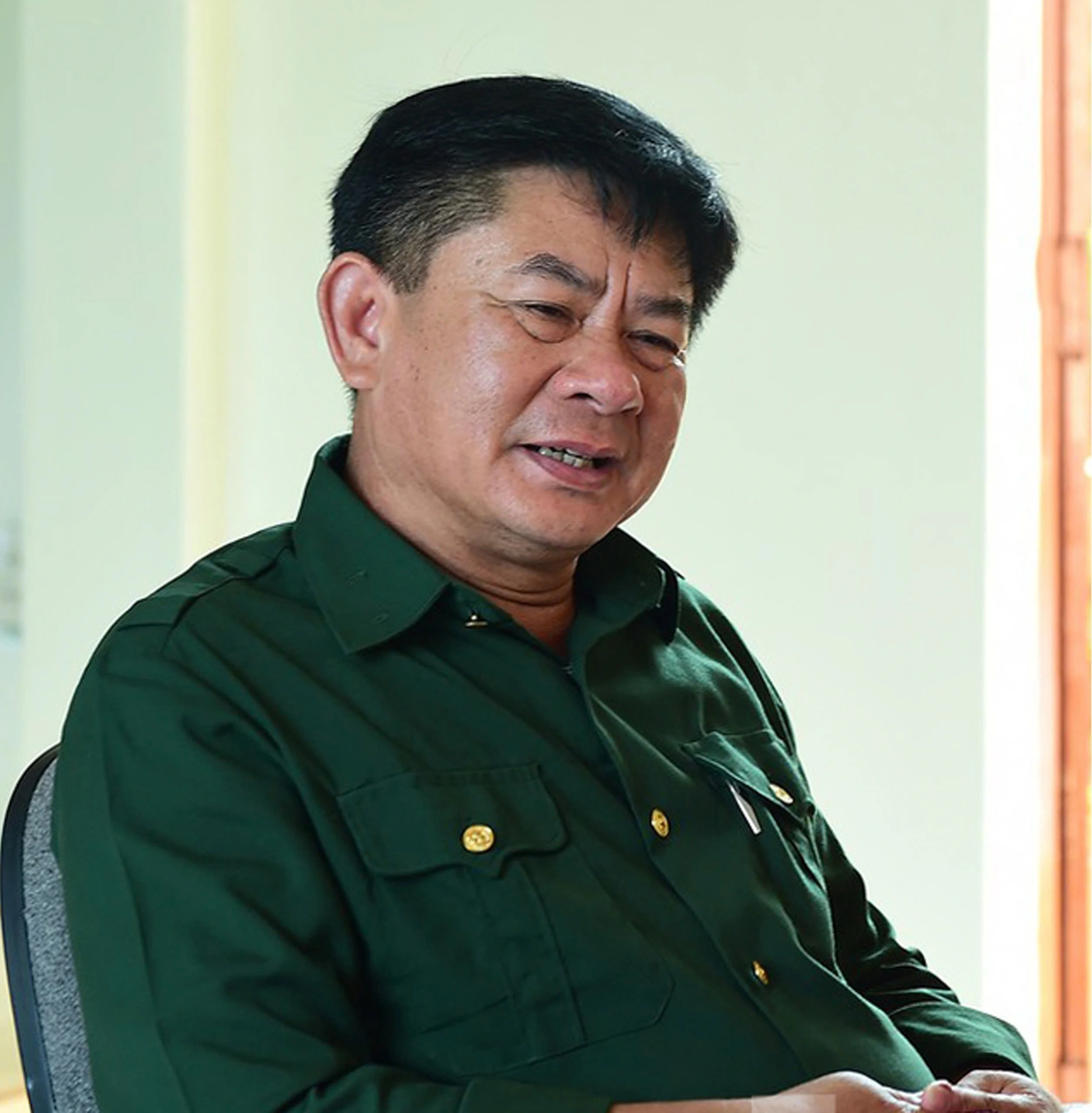









Comment (0)